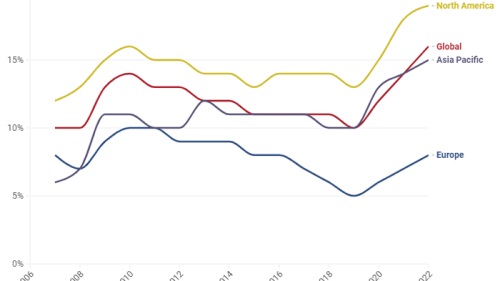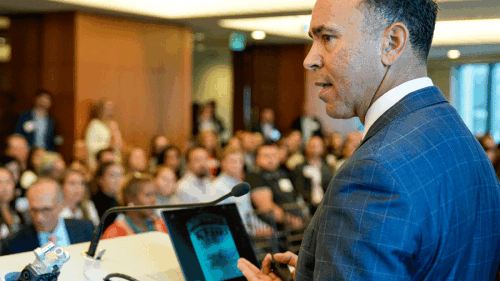Land in Conflict: Managing and Resolving Land Use Disputes
Sean Nolon, Mona Ferguson, and Pat Field
Lincoln Institute of Land Policy
113 Brattle Street, Cambridge, MA 02138; www.lincolninst.edu.
2013. 232 pages. Paperback: $30.00; eBook: $12.99.
Download the first chapter as a PDF
Worthy land development projects can be torpedoed during contentious public hearings. The standard government review process, which works well for most noncontroversial land use decisions, is often dysfunctional in more complex cases, turning stakeholders into fierce adversaries. The resulting public conflicts, dramatized in the media, make it difficult for elected officials to decide in favor of contested projects—even ones with many good features.
The authors of Land in Conflict: Managing and Resolving Land Use Disputes argue that supplementing the standard public hearing process with consensus building can turn opposing stakeholders into problem solvers, generating better projects with wider public support. Their “mutual gains” approach, tested in many conflict situations, embodies core principles derived from the popular 1991 book by William Ury, Roger Fisher, and Bruce Patton, Getting to Yes: Negotiating Agreement Without Giving In. Essentially, this approach engages the opposition in an open search for ways to improve the proposal so as to satisfy their needs while not reducing the benefits.
Nolon, Ferguson, and Field base their approach on a wide body of research on land use conflicts, their own and that of others. All three have practiced what they preach: Nolon is a law professor and director of the Dispute Resolution Program at Vermont Law School. Ferguson is senior associate at the Consensus Building Institute, a not-for-profit organization designed to empower stakeholders to resolve issues and reach more durable agreements. Field is managing director at the Consensus Building Institute, associate director of the MIT-Harvard Public Disputes Program, and senior fellow at the University of Montana Center for Natural Resources and Environmental Policy.
The book is organized in three parts. Part I, Basics, makes the case for the mutual-gains approach in the context of the legal requirements of local land use decisions—public safety, individual and community benefit, and due-process rights of property owners and community residents. Part II, Steps, is a how-to guide to stakeholder analysis, collaborative process design, deliberation facilitation, and agreement implementation. Part III, Challenges, suggests responses to the inevitable resistance to a new approach, in the form of answers as to why this mutual-gains approach cannot be done.
Public opposition is the wild card in the development calculus. Project costs and returns can be estimated with available software; development regulation allowances and requirements can be assessed under various planning schemes; and site conditions and real estate trends can be explored through due diligence procedures. But, without a stakeholder analysis, there is no way to know in advance of the public hearing how residents’ perceptions or misperceptions about the proposal may have mobilized a passionate group of opponents bent on protecting their neighborhoods or property values at all costs. And without a further collaborative effort to resolve development disputes, there is no way to turn an adversarial win/lose situation into a mutually beneficial long-term outcome.
Local government officials—planners, attorneys, managers, and decision makers—will find this book valuable as a primer on how to handle the political hot potatoes that stem from land use fights. Developers and designers will be heartened by its examples of outstanding projects that, with use of mutual-gains applications, were rescued from negative media campaigns and threats of lawsuits.
Land in Conflict brings together the accumulated wisdom of two decades of dispute resolution and conflict management. As such, it is a compendium and not a new approach. But, whether you are part of a community that has never tried to resolve land use conflicts through negotiation or part of a community that already favors this approach, it is a valuable resource. The mutual-gains techniques described in this book—if used wisely—have the potential to create desirable win/win outcomes. All those with a stake in community sustainability should be prepared to follow its advice whenever land use conflict threatens to derail the public interest.
David R. Godschalk is professor emeritus at the University of North Carolina at Chapel Hill, coauthor of Pulling Together: A Planning and Development Consensus Building Manual, and a longtime teacher/practitioner of development dispute resolution.




